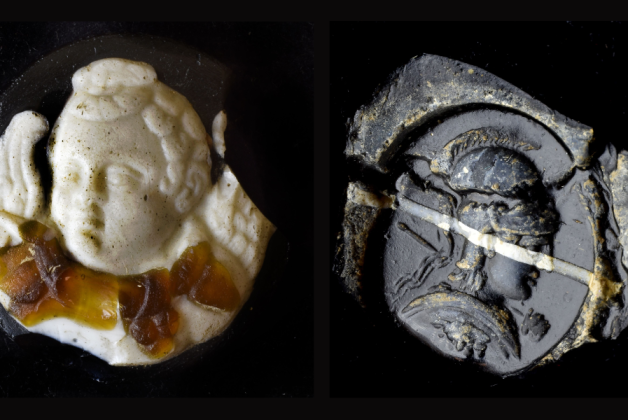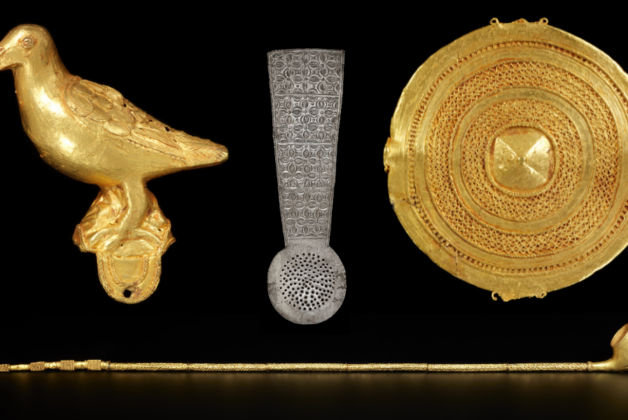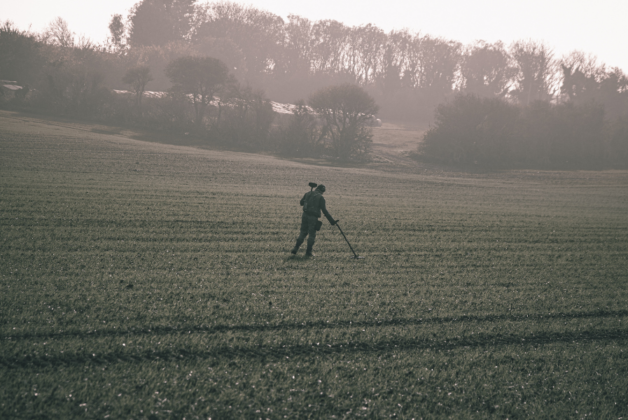Image: Samsung Digital Discovery Centre © Trustees of the British Museum
Having seen a surge in demand since the Covid-19 outbreak, the British Museum has expanded its Samsung Virtual Visits programme to engage with more school children than ever before.
With average weekly participation levels having jumped from 163 pupils pre-pandemic to 900 for the upcoming October half term, the British Museum has once again had to scale up its innovative education offer.
In November and December 33 school classes each week will be able to book virtual visits, compared to six before lockdown in March.
“We’re seeing huge demand for our innovative Virtual Visits programme,” notes Sarah Saunders, head of learning and national programmes at the British Museum. “We know that the Museum is hugely popular with schools, so we’re doing as much as we can to ensure pupils can still experience the wonder that is the British Museum collection during this unprecedented time.”
Physical visits to the Samsung Digital Discovery Centre will not be restarted until at least January, but online sessions will continue at an ever-increasing rate.
“We believe in using technology to help defy barriers and, as the pandemic continues to change the way schools operate, we remain committed and passionate about opening up access to exciting and engaging learning opportunities for young people across the country,” says Jessie Soohyun Park, head of corporate social responsbility at Samsung UK.

The rise in interest isn’t exclusively down to the pandemic, however. Between April 2019 to March 2020, the Samsung Digital Discovery Centre had facilitated digital activities for 28,500 children and young people – the highest annual number since opening in 2009 and a 14% increase on the previous year.
Sessions are offered for Key Stage 2 pupils – aged 7 to 11 – on topics which directly relate to both the British Museum collections and the history and science strands of the national curriculum; all of which are free of charge.





